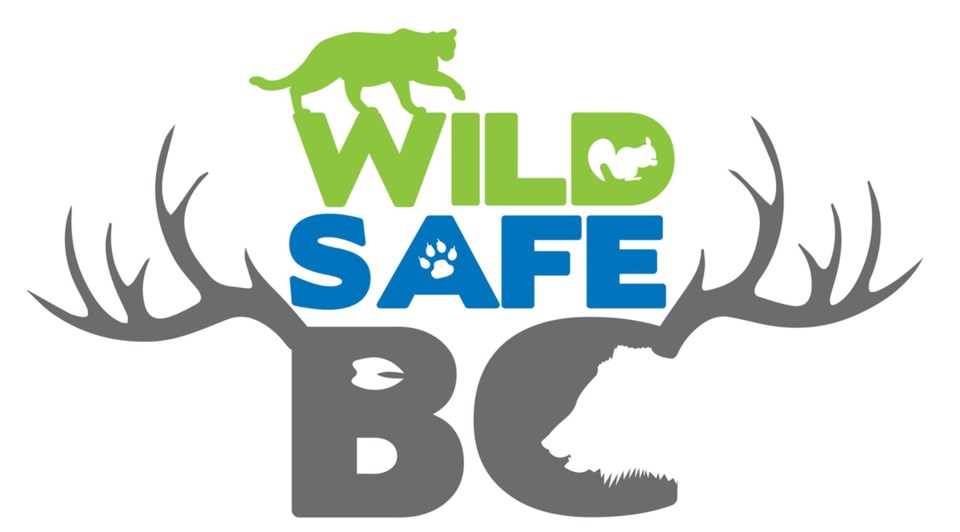WildSafeBC says after a big spike in 2016, cougar reports dropped back to normal levels in 2017. Black bear reports, however, were up, according to the agency’s annual report.
There were 101 calls to the Conservation Officer Service (COS) about cougars in 2016, but just 53 last year. Bear calls hit the 300 mark in 2017, after 214 reports were logged in 2016. Unlike 2016, when COS had nine reports about grizzlies, there were none during WildSafe’s 2017 reporting period.
The WildSafe program runs from May 1 to Nov. 30 every year, but the statistics are based on calls to COS from January to the end of October. There is one grizzly sighting from late November in Langdale listed in the Wildlife Alert Reporting Program online database: warp.wildsafebc.com.
In some of the more notable incidents on the Sunshine Coast, conservation officers killed a bear that followed a two-year-old boy into a home near Franklin Beach in Gibsons and one that had been breaking into houses in the Selma Park area.
Two young cougars were destroyed in Roberts Creek in early February after stalking livestock and following a person along a forest service road.
The COS and BC Parks also closed 9 Mile Point campground in late July when a cougar stalked a group of kayakers who were overnighting at the popular spot in Sechelt Inlet.
WildSafe coordinator Marina Stjepovic’s summary of the challenges from the 2017 season said unsecured garbage remains the number one attractant leading to human-wildlife conflicts, and bird feeders, unpicked fruit, improperly protected backyard chickens and outdoor fridges and freezers were also issues.
WildSafe’s efforts included “garbage tagging,” where volunteers check neighbourhoods for trash left at the curb the night before pickup and place warning stickers on any cans they find.
Volunteers were also out at several community events to offer advice and hosted an electric fence workshop.
One of WildSafe’s goals for the coming year is to “encourage local governments to improve bylaws and policies that would reduce human-wildlife conflict. This could include consideration of wildlife habitat and human-wildlife conflict in official community plans and policies, as well as enforceable garbage collection bylaws, requiring use of wildlife-resistant garbage containers and specific times for placing containers at the curbside.”
Gibsons already has a bylaw in place.



